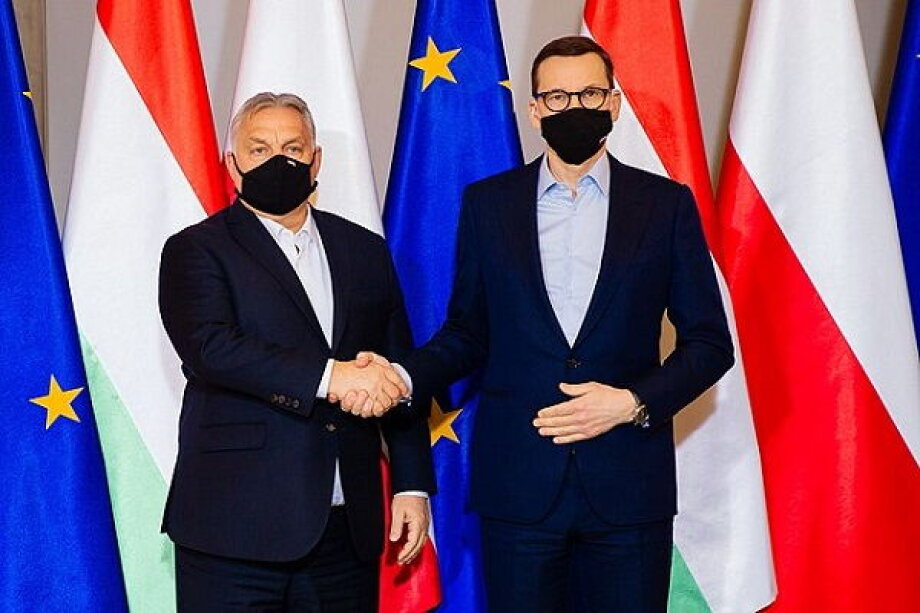The Visegrad Group at a Crossroads: Poland and Hungary's Divergence


The Visegrad Group, an alliance formed by Poland, Hungary, the Czech Republic, and Slovakia to foster regional cooperation and influence within the European Union, is facing a significant split. The recent conflicts, primarily between Poland and Hungary, have highlighted deep political and strategic differences, particularly concerning the rule of law, relationships with the EU, and the response to the war in Ukraine.
Poland and Hungary, once aligned on many issues, are now at odds, causing a strain within the group. Poland has taken a firm stance against Russia's aggression in Ukraine, advocating for strong support for Kyiv, while Hungary has maintained a more neutral position, focusing on its energy ties with Russia. This divergence has led to questions about the group's cohesion and future effectiveness.
The Czech Republic and Slovakia have also distanced themselves from the growing authoritarian tendencies in Poland and Hungary, emphasizing their commitment to democratic values and closer integration with the EU. This realignment within the Visegrad Group suggests a potential shift in the regional balance of power and influence.
As the group faces these internal challenges, its ability to present a unified front on key European issues is in doubt, potentially diminishing its role and impact within the broader EU framework.